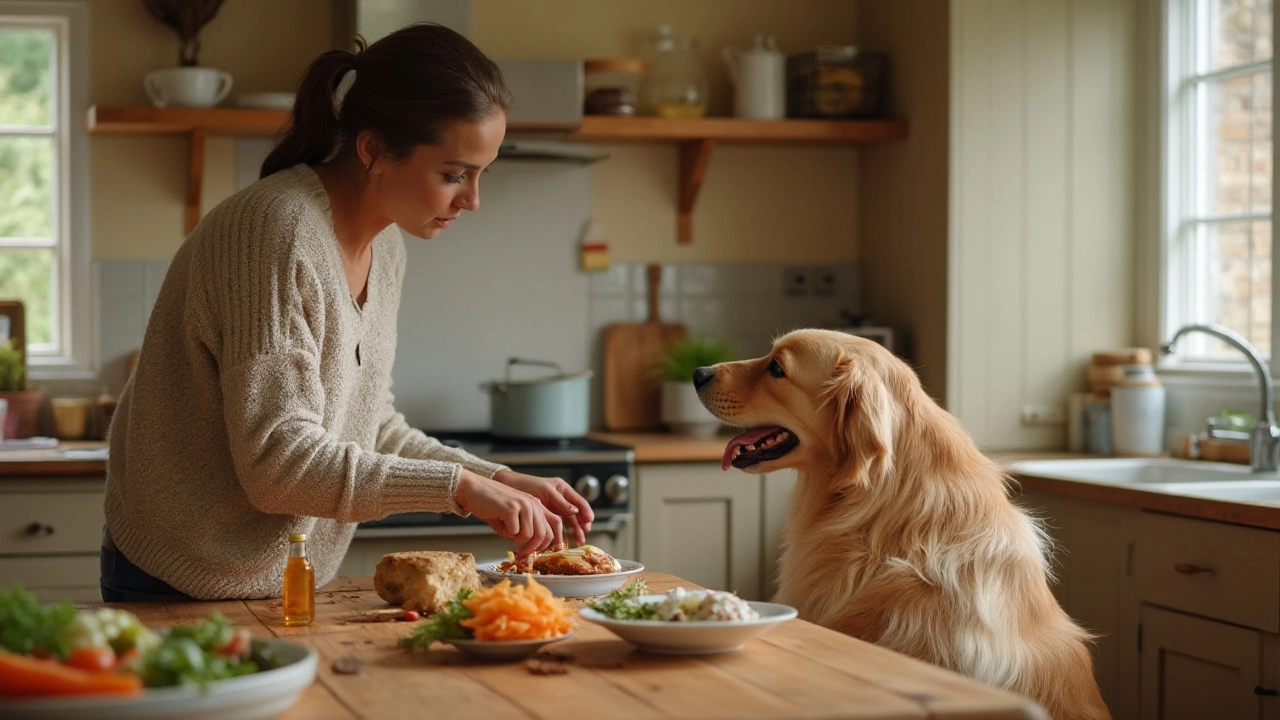Dog Vitamin Deficiency: Spot the Signs and Fix It Fast
Ever wondered why your dog seems sluggish, has a dull coat, or keeps lagging behind on walks? Those could be red flags that your furry friend is missing key vitamins. Vitamin deficiencies aren’t rare—many pups develop them because of a bland diet, picky eating, or gut issues. The good news? You can catch the problem early and correct it with simple food swaps and the right treats.
Spotting the Warning Signs
Dogs can’t tell you they’re low on vitamins, so you have to read their body language. Look out for these common symptoms:
- Dull or flaky coat – especially around the tail and paws.
- Skin problems – itching, hot spots, or slow healing wounds.
- Weakness or lethargy – your pup may sleep more and lack enthusiasm for play.
- Bone or joint pain – limping, stiffness after a short rest, or difficulty climbing stairs.
- Vision or eye issues – night blindness or a watery eye can hint at Vitamin A deficiency.
When you notice any of these, it’s worth a quick chat with your vet. They can run blood tests to pinpoint which vitamin is lacking. Common culprits include Vitamins A, D, E, K, and the B‑complex family.
How to Correct a Deficiency
Fixing a deficiency is easier than you think. Start with the basics:
- Balance the diet – Choose a high‑quality dog food that lists real meat, fish, or poultry first. Look for added vitamins or natural sources like liver, eggs, and oily fish.
- Add targeted supplements – If a vet confirms a specific gap, a low‑dose supplement works wonders. Always follow professional dosage advice.
- Include vitamin‑rich treats – This is where Galloway Gourmet Dog Treats shine. Our treats blend natural ingredients like sweet potato (Vitamin A), salmon (Omega‑3 and Vitamin D), and blueberries (Vitamin C and antioxidants) to give your dog a tasty nutrient boost.
- Mix in homemade extras – A spoonful of plain yogurt adds B‑vitamins; a drizzle of olive oil brings Vitamin E; and a few shredded carrots give beta‑carotene.
Remember, more isn’t always better. Over‑supplementing can cause toxicity, especially with fat‑soluble vitamins A, D, E, and K. Stick to recommended amounts and monitor your dog’s response.
Another practical tip is to rotate protein sources. Dogs fed only chicken for months may miss out on the diverse vitamins found in fish or lamb. A weekly variety keeps the nutrient profile balanced and keeps mealtime interesting.
Lastly, keep an eye on your dog’s gut health. A healthy gut absorbs vitamins efficiently. Probiotic‑rich foods, like a tiny bit of kefir or a specially formulated probiotic chew, can help improve digestion and absorption.
By staying aware of symptoms, consulting a vet, and enriching your dog’s diet with high‑quality food and treats, you can prevent most vitamin deficiencies before they cause serious issues. Your pup will thank you with a shinier coat, more energy, and happier wagging tails.

Common Vitamin Deficiency in Dogs and How to Address It
Exploring the most common vitamin deficiency in dogs, this article offers insights into the causes, symptoms, and potential solutions. As pet owners strive for optimal canine health, understanding nutritional gaps such as Vitamin D deficiency becomes crucial. The piece provides valuable tips for supplementing your dog's diet effectively. Learn the importance of balanced nutrition in preventing health issues in your furry friend.
View more